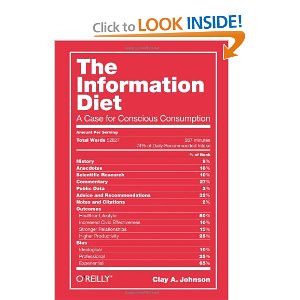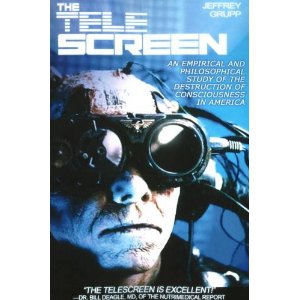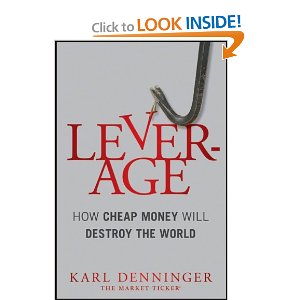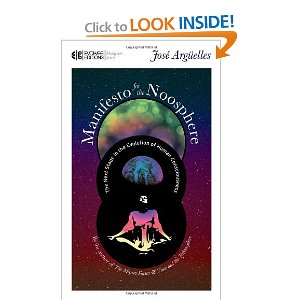
Mark Dery
Bad Thoughts, Great Book March 27, 2012
By Supervert<
I find it impossible to discuss Mark Dery's I Must Not Think Bad Thoughts in anything other than the first person. The book speaks so eloquently of its time that, uncannily, I can't help but feel it speaks of me. So many of my own interests and obsessions rise from its pages — death, deviance, intellect. I recognize my iTunes library in Dery's tours de force on David Bowie and Lady Gaga. I recognize my bookshelf in Dery's essay on Amok Books, whose productions were once textbooks in the éducation sentimentale of the counterculture. I recognize my own rhetorical strategies in the move Dery makes in “Toe Fou,” updating George Bataille's meditation on the big toe by riffing on a picture of Madonna's bare feet. Weirdest of all, I recognize what I thought was my own obscure fondness for “invisible literature” in Dery's essay on the New York Academy of Medicine Library — a place I too have plundered in quiet hours of mad and horrible research. Was I sitting across the table from you, Mark? I feel as though you, like Baudelaire, have addressed your book to “mon semblable, mon frère.”








